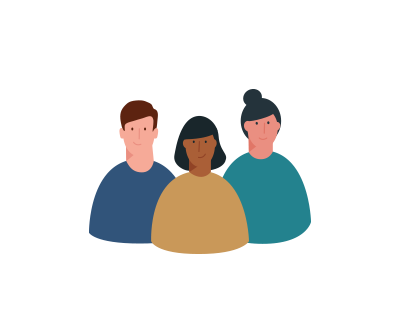Expats moving to France with children will be pleased to find that the standard of education is generally high. There are a variety of schooling options to choose from including public, private, bilingual and international schools. Ultimately, parents will need to consider the language barrier, cost and curriculum when deciding which type of school is best suited to their child.
Education in France is centralised, with most public and private schools following the national curriculum set by the Ministry of National Education.
In France, school attendance is compulsory for students between six and 16, but parents often enrol their children in a maternelle (kindergarten) from the age of two. Students generally spend two or three years at this level before advancing.






